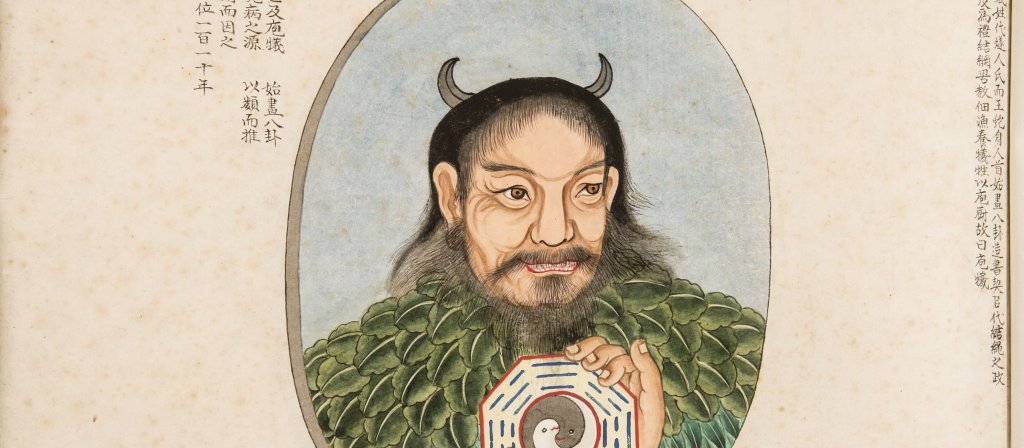The Société Asiatique was founded in Paris in 1822, at a time when Oriental studies were arousing a general feeling of curiosity and expectation in the intellectual world. The first learned society of its kind in Europe, it served as a model for the Royal Asiatic Society founded in London a year later. The aims of the Asiatic Society were "to encourage the study of the languages of Asia" by promoting the drafting and publication of dictionaries and educational works, "to procure Asian manuscripts, to disseminate them by means of printing, to have extracts or translations made", and "to maintain relations and correspondence with societies (...) and with Asian or European scholars" (1822 Regulations, § I art. 1 to 3).
The Society's fields of interest soon extended beyond philology to encompass the whole of Oriental studies. For almost two centuries, the Society's members have been specialists in the Orient: French and foreign, professional and amateur, from all disciplines. The main activities of the Société Asiatique are its monthly meetings and annual colloquia, and the uninterrupted publication of the Journal Asiatique and other works since 1822. In addition, it has developed a specialized library, an invaluable heritage used by many researchers.
An independent association, recognized as a public utility since 1829, the Société Asiatique maintains partnerships with prestigious institutions such as the Collège de France and the Académie des Inscriptions et Belles-Lettres, to which many of its members have belonged and continue to belong. Since 1989, its library has been housed at 52, rue du Cardinal Lemoine, under the terms of an agreement signed between the French Ministry of Education and Société Asiatique in application of a perpetual commitment by the French State dating back to 1924. It has a natural place there alongside the Collège de France's Far East department.
The Société Asiatique library is the fruit of a succession of gifts and bequests made since the founding of this learned society. It has also been enriched by exchanges between the Journal Asiatique, a biannual scientific periodical, and most international journals devoted to oriental studies, and by the donation of its members' own publications.
At present, the library holds over 100 000 volumes (in 54 languages, from 80 countries), 200 titles of living periodicals, plus iconographic documents, maps, prints, old photographs, as well as archive collections, some of which are currently being classified.
This collection - of remarkable diversity and richness - reflects the interests and scientific fields of the prestigious or lesser-known Orientalists who bequeathed their personal libraries to the society of which they were members and sometimes administrators. The most important collections, both numerically and in terms of the rarity of their contents, are those of Edouard Chavannes (1865-1918), Henri Maspero (1883-1945), Paul Demiéville (1894-1979) and Jean Filliozat (1906-1982). Other less extensive collections of immense scientific interest are also preserved, including the James Hamilton (1923-2003) and Louis Bazin (1920-2011) collections for the Turkish world and Central Asia, the Foucher (1865-1952) and Emile Sénart (1847-1928) collections for Buddhist art and India, and the Tibetan collection bequeathed by Jacques Bacot in 1971.
The only private library associated with the libraries of the Collège de France's Far East Department, it complements the collections and reinforces the synergy of the Institut des Civilisations.
Consultation of oriental manuscripts, certain maps and archives is subject to the agreement of the President of the Société Asiatique, to whom a written request must be sent.
In 2018, the library's collections were awarded the " Collections d'excellence " label by the French Ministry of Higher Education, Research and Innovation.
![[alt_25d840e6-9b05-424f-93e5-084f6a947a1c]](/sites/default/files/inline-images/Label%20Collex%20Persee.jpg)













